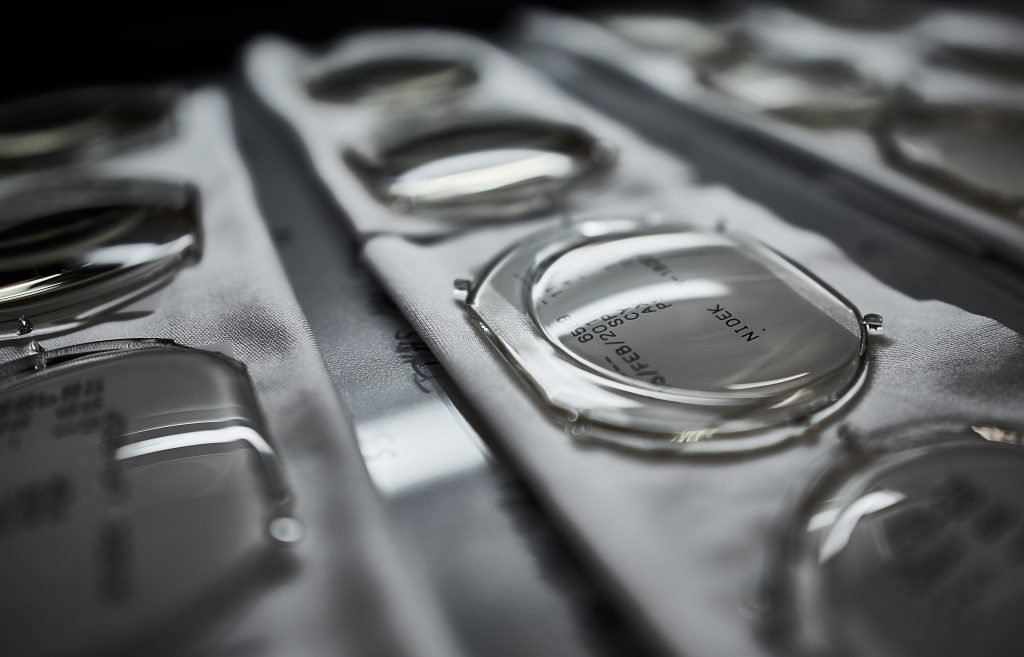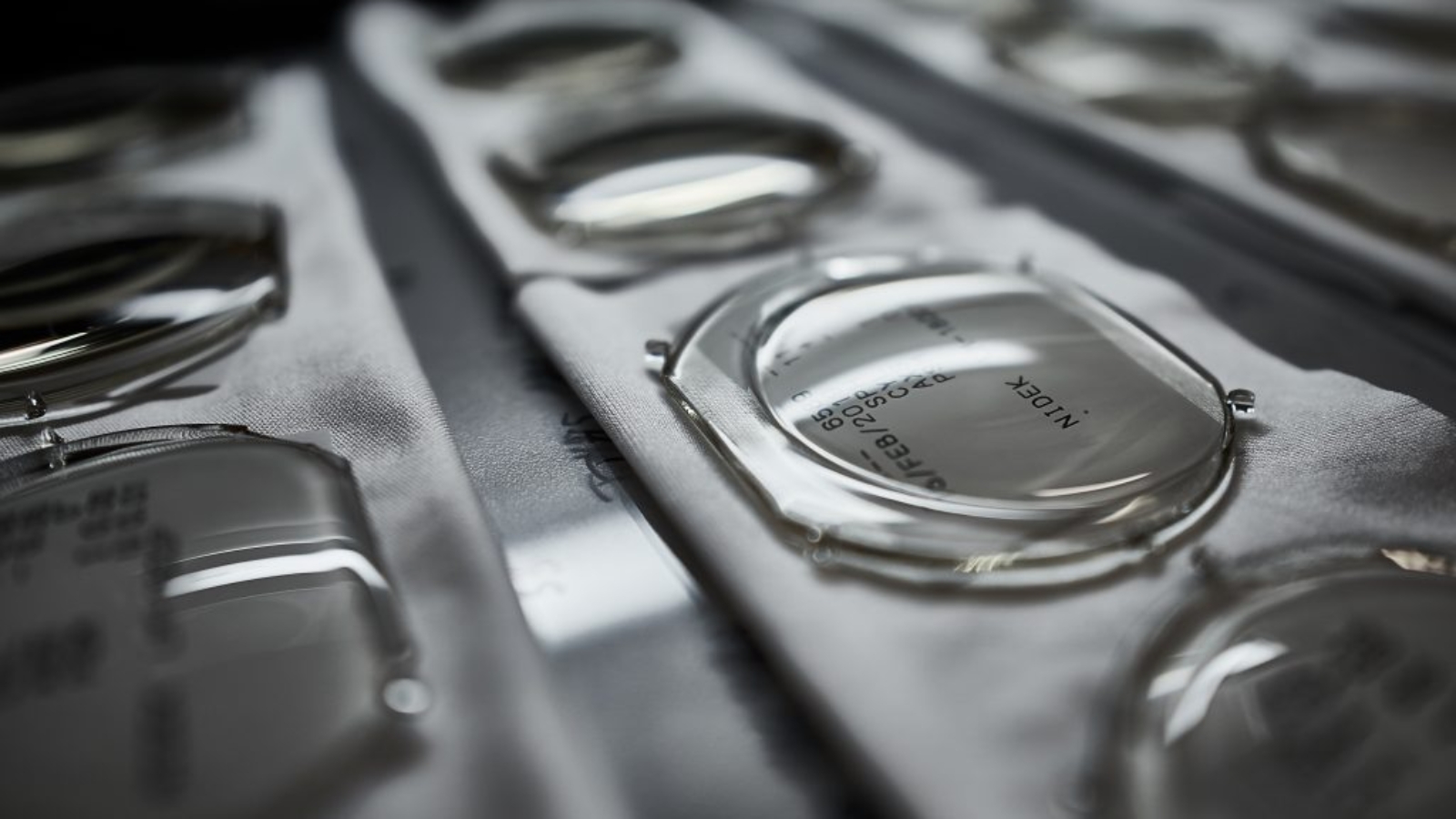3D printed ophthalmic lens specialist Luxexcel has revealed that it has now fabricated over 50,000 prescription lenses.
The figure represents a significant milestone for the company as it demonstrates both the stability and scalability of its proprietary VisionPlatform technology. According to Fabio Esposito, the CEO of Luxexcel, the achievement also reflects the firm’s ability to meet the personalization needs of both its traditional and smart eyewear customers.
“Our VisionPlatforms offer customers the ability to 3D print lenses, and we’ve now scaled it for volume manufacturing,” said Esposito. “The exponential growth we’re achieving in the production of 3D printed lenses on our platforms, is a milestone that enables customers to combine prescription eyewear with smart technology.”
The VisionPlatform 3D printing process
Founded in 2009 and based in the Netherlands, Luxexcel focuses on 3D printing prescription lenses using its proprietary hardware, software and materials. The firm’s process is based around its ‘Vision Engine,’ which works by jetting a VisionClear resin onto a build plate, before photocuring it under UV light.
Luxexcel’s technology is capable of printing directly onto glass or polymers, making it compatible with commercial frames, and allowing it to address the needs of everyday users. The firm’s lenses are also customizable, enabling adopters to add films or LCD screens between the frames’ layers, lending them AR abilities.
The company has received significant backing to develop its additive eyewear, including a $14.7 million cash injection in 2017, and a further $13.9 million investment in 2018. Using the additional funding, the firm has steadily ramped up its production capabilities, reaching the 5,000 prints per year landmark in February 2019.
Since then, Luxexcel has expanded further into the smart glasses market, and revamped its leadership team to reflect this change in direction. The company now aims to lead the ‘fashionable smart glasses’ movement, by providing users with eyewear that has both high-tech capabilities, and vision correction functionality.

Scaling new heights in additive eyewear
Having reached the 50,000 unit milestone, Luxexcel has shown that its 3D printing technology is not only customizable, but capable of high-volume production too. What’s more, given that the firm was fabricating 5,000 units per year in 2018, the figure also reflects the progress that its process has made in just two short years.
Manufacturing on Demand
Luxexcel has managed to continue expanding into high-volume production via a series of developments that have optimized its VisionPlatform process. The technology is now capable of fabricating lenses more predictably and flexibly than before, allowing it to print in larger quantities and drive higher user adoption.
For Guido Groet, Luxexcel’s Chief Strategy Officer, the company’s watershed achievement reflects the strength of its collective product offering. “All components of our volume manufacturing solution seamlessly work together to ensure that customers and partners can 3D print lenses in volume,” said Groet.
“Together with our customers, we’ve now proven that VisionPlatform is stable, and offers scalability with the flexibility to create large volumes of lenses with individualized specifications, and prescription power,” he added.
Customizable frames for the masses
While Luxexcel specializes in 3D printing frames with integrated gadgetry, several other firms are using the technology to make customized eyewear accessible.
Materialise recently made a strategic investment in the software developer Ditto, through which it aims to create an online eyewear try-on service. The prospective platform will enable users to browse through 3D printable frames, and ‘try them on’ before making a purchase.
Carbon, meanwhile, has partnered with Japanese firm J of JINS to create its new Neuron4D range of 3D printed luxury eyewear products. The additive frames, which were launched at the end of 2019, cost around $230 each and feature a layer of lattice-like padding for enhanced comfort and fit.
Elsewhere, the 3D printing service bureau Sculpteo is working with eyewear specialist Netlooks to produce glasses that precisely fit a customer’s profile. The companies are effectively fabricating test frames that allow customers to try on and adjust the product to suit their style.
* This article is reprinted from 3D Printing Industry. If you are involved in infringement, please contact us to delete it.
Author: Paul Hanaphy


Leave A Comment